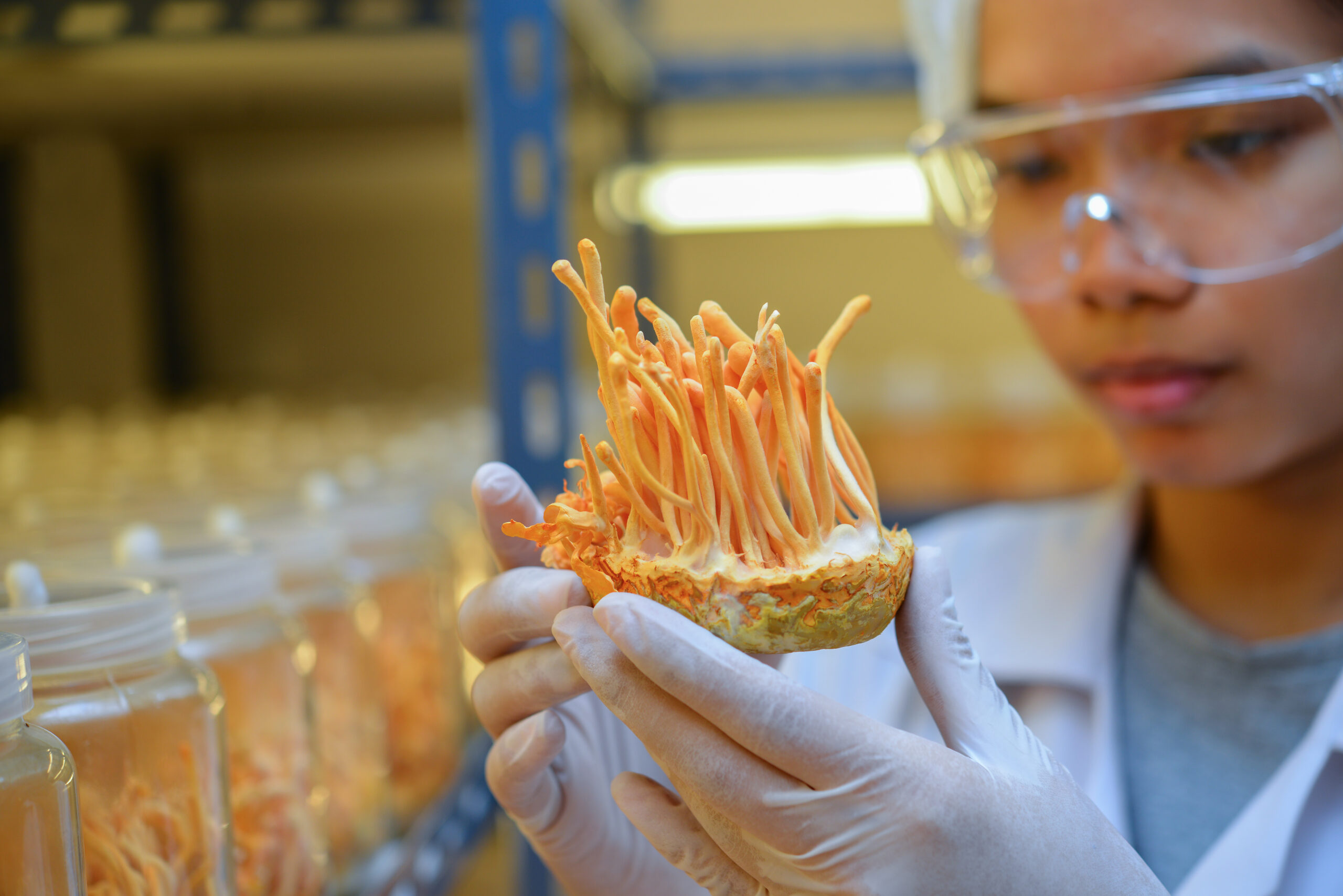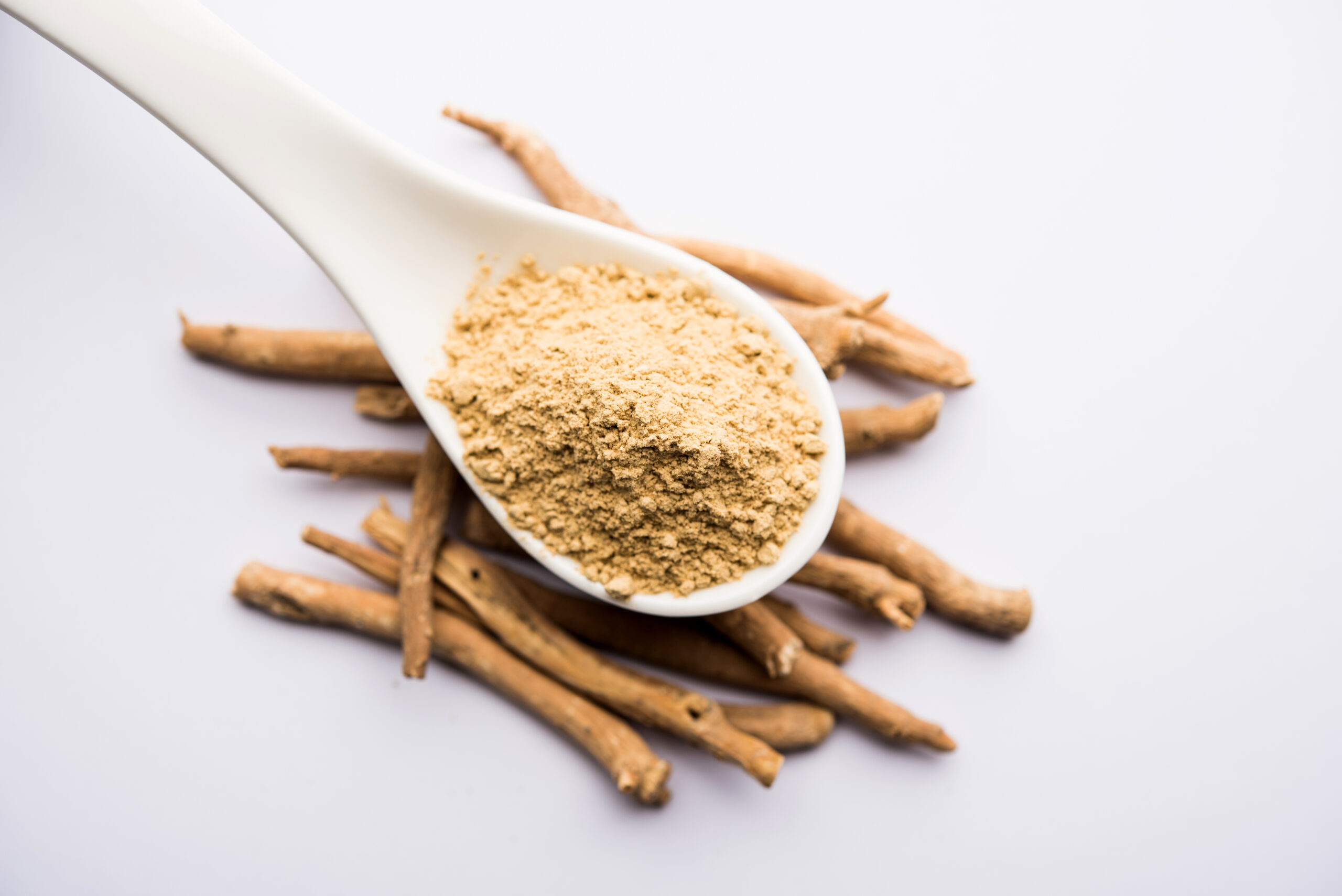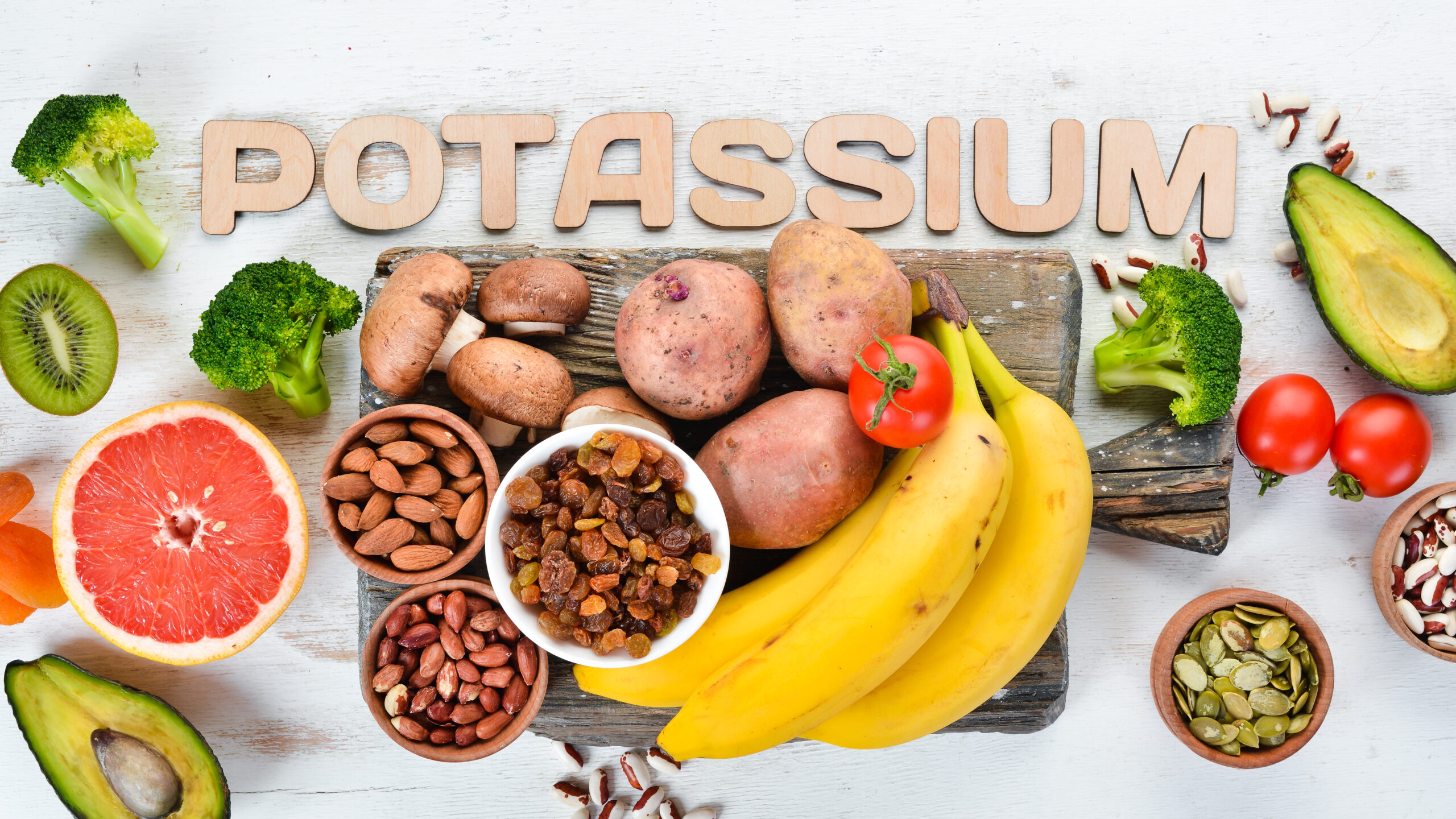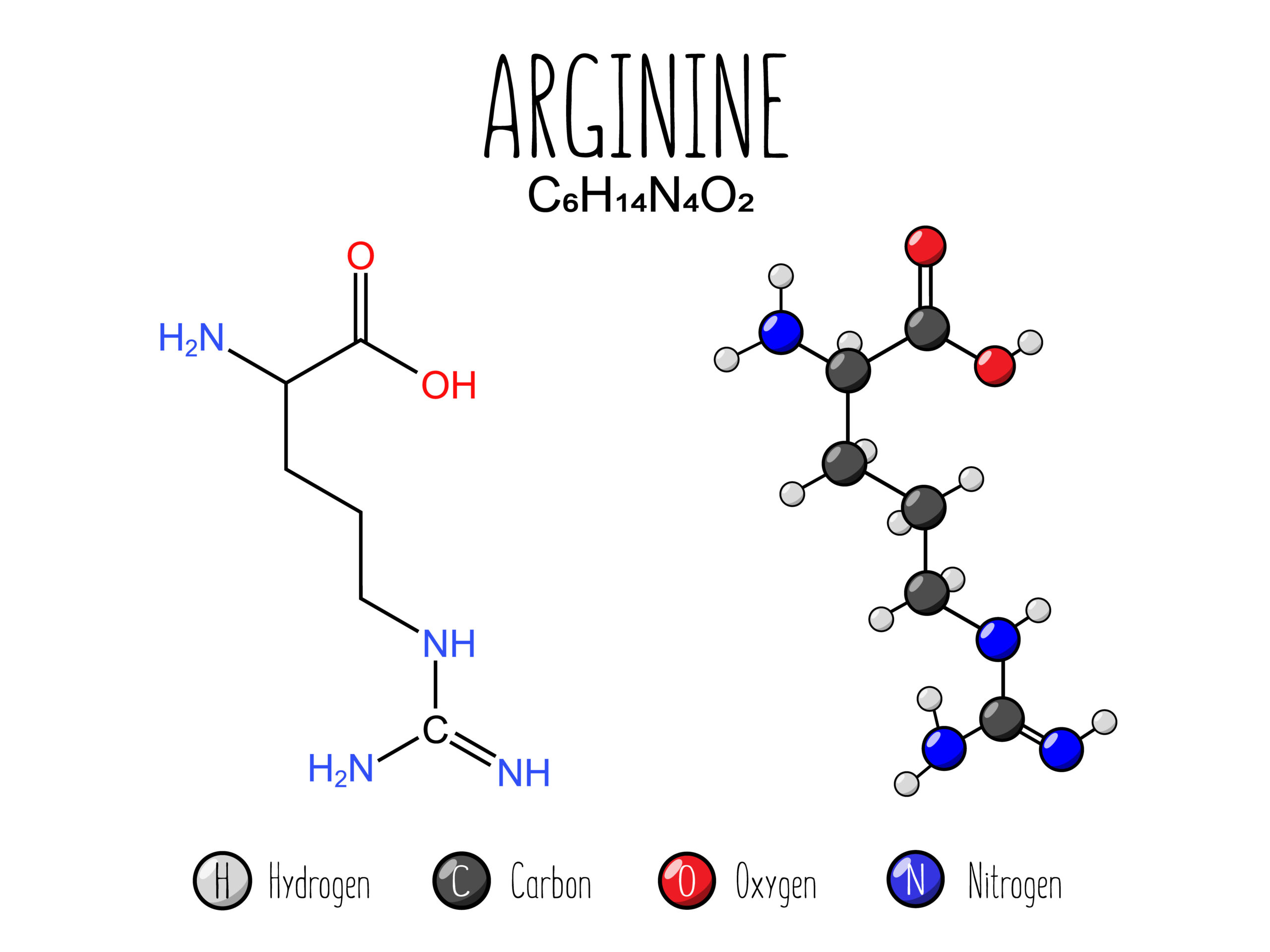
Sex, Nutrition and Kidney Disease: The Silent Trio

The intricate connection between ‘Sex, Nutrition, and Kidney Diseases’ is a topic of great interest to medical and health enthusiasts alike. The unique association is a testament to the human body’s complexity and interdependence of various aspects to maintain optimal health. Understanding the interplay between ‘Sex, Nutrition, and Kidney Diseases’ is crucial for a comprehensive approach towards health and wellness.
It’s estimated that chronic kidney disease (CKD) affects approximately 10% of the world’s adult population, while in India, approximately 17.2% of adults have some form of kidney disease, according to a recent study. Kidney diseases have a silent yet profound effect on sexual health and nutrition. Nutrition is a key player in managing kidney diseases, while sexual health can often be a hidden casualty of the condition.
‘Sex, Nutrition, and Kidney Diseases’ forms a trio of silent yet significant challenges. The lack of noticeable symptoms during the early stages of kidney diseases often masks the effect they have on sexual health and nutrition. The subtle changes in these areas can go unnoticed until the disease progresses, making it a silent but potent trio impacting health.
Starting with nutrition, diet plays a pivotal role in managing kidney disease. Unhealthy food habits can exacerbate the condition and, in turn, affect sexual health. Conversely, a well-balanced diet can control disease progression, thereby improving sexual well-being.
Now, looking into the lens of ‘Sex, Nutrition, and Kidney Diseases,’ one realizes that kidney disease can negatively impact sexual health. In men, it can lead to issues like erectile dysfunction and low libido, whereas in women, it can cause irregular periods and low sexual desire. These challenges can compound the stress associated with managing a chronic condition like kidney disease.
As one delves deeper into the nexus of ‘Sex, Nutrition, and Kidney Diseases,’ a stark truth emerges. These issues are tightly intertwined, and a comprehensive approach considering all three aspects is critical to improving overall health.

Myth 1: Kidney Disease Doesn’t Affect Sexual Health
Fact 1: Kidney disease can severely impact sexual health, leading to reduced libido, erectile dysfunction in men, and menstrual irregularities in women. It’s crucial to discuss these symptoms with your healthcare provider for effective management strategies.
Myth 2: Diet Doesn’t Matter Once You Have Kidney Disease
Fact 2: Diet plays a critical role in managing kidney disease. A balanced diet rich in essential nutrients can slow the progression of kidney disease and improve overall health.
Myth 3: All Sexual Problems in Kidney Disease are Due to Hormonal Imbalance
Fact 3: While hormonal imbalance is a factor, sexual problems in kidney disease patients can also stem from psychological issues, medication side effects, and other underlying health conditions.
Myth 4: Protein Intake Should Be Severely Limited in All Kidney Disease Patients
Fact 4: The dietary protein requirement can vary depending on the stage and type of kidney disease. Consulting with a dietitian or healthcare provider is essential to determining appropriate dietary modifications.
Myth 5: Kidney Disease Patients Can’t Improve Their Sexual Health
Fact 5: There are many ways to improve sexual health for kidney disease patients, such as hormonal therapies, psychotherapy, or lifestyle changes. It’s important to have open conversations with healthcare providers to explore suitable options.
Myth 6: Patients with Kidney Disease Can’t Lead a Normal Sexual Life
Fact 6: With proper management, patients with kidney disease can enjoy fulfilling sexual relationships. Effective communication with partners and medical professionals can lead to improved sexual health outcomes.
Myth 7: Dialysis Negatively Impacts All Aspects of Sexual Life
Fact 7: While dialysis can impact aspects of sexual health, many patients find their sexual function improves as their body adjusts to the treatment. Medical support and patience can often lead to better sexual health outcomes.
Myth 8: Kidney Transplants Automatically Resolve Sexual Health Issues
Fact 8: Though a successful kidney transplant can often improve sexual function, it may not resolve all issues. Each individual’s response varies, and continuous medical follow-ups are essential for optimal health management.
Myth 9: Nutritional Supplements Can Substitute a Balanced Diet for Kidney Disease Management
Fact 9: Nutritional supplements can assist in managing certain deficiencies, but they cannot replace a well-balanced diet. Consulting with a healthcare provider is vital before starting any supplement regimen.
Myth 10: Kidney Disease Doesn’t Affect Fertility
Fact 10: Kidney disease may affect fertility in both men and women. However, many patients have successfully conceived with appropriate medical support and guidance. Always discuss such concerns with your healthcare provider.
Phyto-Nutrients for Sex-Nutrition-Kidney issues

Cordyceps Militaris (Himalayan Viagra)
-
- History: Used in traditional Chinese medicine for centuries, Cordyceps militaris has been known for its potent restorative properties and was often used to improve vitality, especially sexual health.
- Bioactive Ingredients: Cordycepin and Polysaccharides.
- Human Study: Studies suggest that Cordyceps militaris may improve sexual function, kidney function, and overall vitality.
- Role and Benefits: Cordyceps militaris may support kidney health by providing antioxidant support, reducing inflammation, and improving overall kidney function. Its role in sexual health can be attributed to its potential to increase libido and improve erectile function.
- Benefits: It promotes vitality, supports kidney health, and can enhance sexual function.

Ashwagandha (Withania somnifera)
-
-
- History: Ashwagandha has been used in Ayurvedic medicine for over 3000 years to rejuvenate the body and improve sexual health.
- Bioactive Ingredient: Withanolides.
- Human Study: Studies have shown Ashwagandha to improve sexual function and reduce stress.
- Role and Benefits: Ashwagandha may help to manage stress, enhance vitality, and improve sexual health. It’s also known to provide some level of support for the kidneys.
- Benefits: It enhances energy, reduces stress, and supports kidney and sexual health.
-

Tribulus (Tribulus terrestris)
-
- History: Tribulus has been used in traditional medicine as a kidney tonic and an aphrodisiac.
- Bio-active Ingredient: steroidal saponins, namely protodioscin.
- Human Study: Some studies suggest that Tribulus can enhance sexual function and possibly improve kidney health.
- Role and Benefits: Tribulus may play a role in supporting kidney health and enhancing sexual function by potentially increasing testosterone levels.
- Benefits: It supports kidney health, improves libido, and enhances overall vitality.

Fenugreek (Trigonella foenum-graecum)
-
- History: Fenugreek has been used in Ayurvedic and traditional medicine for enhancing libido and promoting healthy kidney function.
- Bioactive Ingredients: Diosgenin and Saponins.
- Human Study: Studies suggest Fenugreek can improve libido and potentially support kidney health.
- Role and Benefits: Fenugreek may enhance libido and support kidney health by reducing inflammation and providing antioxidant support.
- Benefits: It enhances sexual health, supports kidney health, and improves overall vitality.

Vitamin B6
-
- History: Known for its role in supporting overall health, vitamin B6 is crucial for many physiological functions.
- Bioactive Ingredient: Pyridoxine.
- Human Study: Studies have shown that vitamin B6 may support kidney health and play a role in hormone regulation.
- Role and Benefits: Vitamin B6 may support kidney health and is crucial for hormone production, which can influence sexual health.
- Benefits: It supports kidney health, assists in hormone regulation, and supports overall vitality.

Vitamin D
-
- History: Known as the sunshine vitamin, vitamin D is crucial for bone health and has a role in hormone production.
- Bioactive Ingredient: Cholecalciferol (D3) or Ergocalciferol (D2).
- Human Study: Studies have linked vitamin D deficiency with poor kidney health and hormonal imbalances.
- Role and Benefits: Vitamin D may support kidney health and play a role in hormone production, impacting sexual health.
- Benefits: It supports kidney health, assists in hormone regulation, and supports overall vitality.
 Mucuna Pruriens (Commonly known as Velvet Bean)
Mucuna Pruriens (Commonly known as Velvet Bean)
- History: Mucuna Pruriens has a rich history in Ayurvedic medicine for reducing many diseases and is often used for its supposed aphrodisiac qualities.
- Bio-active Ingredient: The main bio-active ingredient in Mucuna Pruriens is L-Dopa, a naturally occurring amino acid that transforms into dopamine in the body.
- Human Study: Some studies suggest that Mucuna Pruriens can improve sexual health and performance due to its effects on dopamine levels in the brain.
- Role and Benefits: Mucuna Pruriens may enhance mood, sexual health, and kidney function due to its high L-Dopa content.
- Benefits: It can potentially improve mood, reduce stress, enhance focus, and improve sexual performance. It also has potential benefits for those with kidney disease due to its antioxidant properties.
Now, let’s move on to discuss the other nutrients:

Vitamin C (Ascorbic Acid)
- History: Vitamin C has a long history of being used to prevent and treat diseases. It’s also been used for its beneficial effects on the kidneys.
- Bioactive Ingredient: Ascorbic Acid.
- Human Study: Studies have shown that vitamin C can help prevent kidney diseases and kidney stones.
- Role and Benefits: Vitamin C is an antioxidant that can protect the body’s cells from damage. It also supports the body’s immune system.
- Benefits: It can potentially prevent kidney diseases and kidney stones, support the immune system, and protect the body’s cells from damage.

Magnesium
- History: Magnesium has been used for hundreds of years to treat a variety of conditions, including kidney diseases.
- Bioactive Ingredient: Magnesium.
- Human Study: Some studies suggest that magnesium can reduce the risk of kidney stones.
- Role and Benefits: Magnesium plays a crucial role in the function of muscles and nerves.
- Benefits: It can potentially reduce the risk of kidney stones.

Potassium
- History: Potassium is essential for the body’s growth and maintenance. It’s also beneficial for heart and kidney health.
- Bioactive Ingredient: Potassium.
- Human Study: Studies have shown that potassium can help to lower blood pressure and, hence, lower the risk of kidney diseases.
- Role and Benefits: Potassium is necessary for the function of all living cells and is thus necessary for life. It also helps to balance fluids in the body.
- Benefits: It can potentially lower blood pressure and prevent kidney diseases.

L-Arginine
- History: L-Arginine is often used for heart and blood vessel conditions, as well as kidney diseases.
- Bioactive Ingredient: L-Arginine.
- Human Study: Some studies suggest that L-Arginine can help improve kidney function and fight disease.
- Role and Benefits: L-Arginine is converted in the body into a chemical called nitric oxide. Nitric oxide causes blood vessels to open wider for improved blood flow.
- Benefits: It can potentially improve kidney function and fight disease. It can also enhance the function of the immune system and improve blood flow.
Conclusion:
- In summary, the interplay between “Sex, Nutrition, and Depression” is intricate and multifaceted. Nutrition can influence mood, libido, and overall wellness, while depression can significantly affect sexual function. Proper understanding and management of these connections are vital for comprehensive mental health and overall wellbeing.
Disclaimer:
- The information presented here aims to provide a general understanding of the subject. It should not be used as a substitute for professional medical advice, diagnosis, or treatment. Always seek the advice of your physician or other qualified health provider with any questions you may have regarding a medical condition. Remember, each individual is different and may respond differently to various therapies or nutritional interventions. It is important to consult with healthcare professionals for personalized advice.

Also Read : THYROID ISSUES & WOMEN’S SEXUAL WELLNESS: NUTRITIONAL HELP


